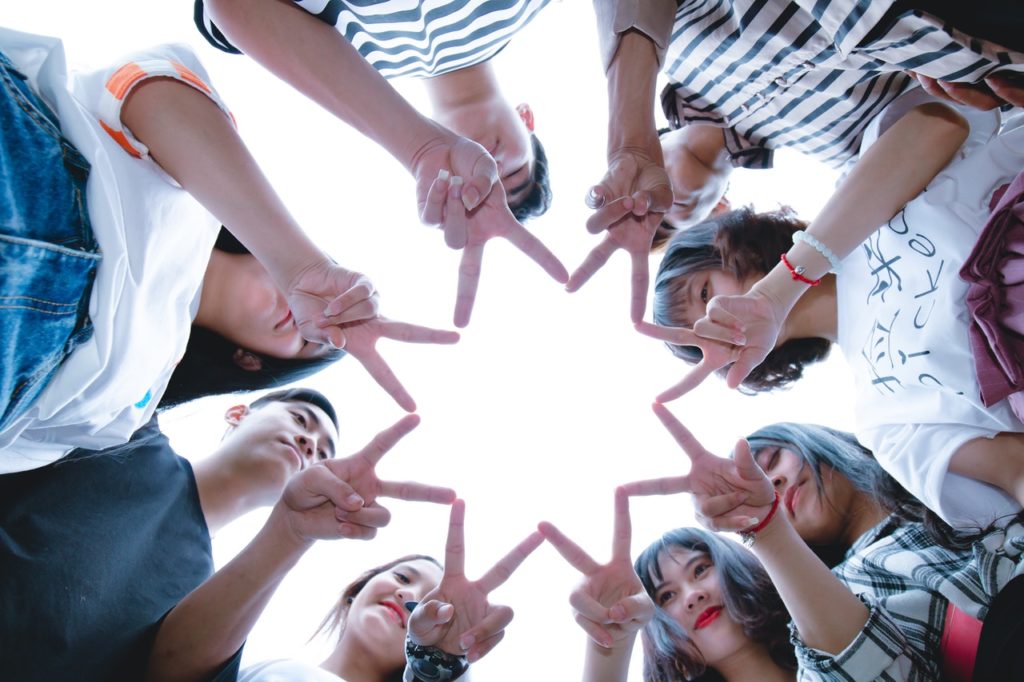Youth camps primarily aim to educate and help children learn several skills, ranging from athletic capabilities to cultural development. This environment can help kids and teens learn new skills in a safe and nurturing community, providing several benefits and opportunities for disciple-making movements for everyone involved.
That said, here are different ways youth camps help the surrounding communities, lifting spirits while building lasting relationships.
Encourages a Connection with Nature
Although we live in the digital age, everyone needs nature in their lives once in a while. Nature can stimulate your senses. When a person is outdoors, they get to see, smell, hear, and touch their natural surroundings, making life richer and fuller. Moreover, being outside encourages movement, crucial for kids’ physical, mental, and emotional health. When spending time outdoors, people have the freedom to run, jump, climb, and enjoy the fresh air.
All these benefits from nature can make one feel more rejuvenated and alive, helping them appreciate the outdoors more while instilling the responsibility of taking care of it, creating a community full of more responsible individuals.
Builds Self-Esteem
At the youth camp, everyone has the chance to achieve, whether it’s catching fish or painting their first piece of artwork in a less competitive environment than school, helping build their self-esteem. This trait is crucial for any person since most people make decisions based on how they perceive themselves. Every individual chooses their careers, relationships and makes other decisions influenced mainly by self-esteem.
Having higher self-esteem can help people become more confident in the things they do, building a more functional and active community, creating and maintaining a vibrant neighborhood.
Nurtures Friendships and Beyond
In youth camps, teens and children get to meet other people near their age with similar interests in a relaxed setting. They also get to meet a couple of new people with different backgrounds, allowing them to bond over these similarities and differences. This factor helps everyone in the camp build genuine friendships that will last for a long time, creating a more unified community down the line.
Supports Healthy Living
Youth camps can encourage healthy eating, more physical activity, and generally healthy habits. At a youth camp, children and other participants can participate in all kinds of physical activities at different skill levels. All those involved will have the chance to participate in physical activities no matter the youth camp they join. All these support a generally healthier lifestyle, enabling them to carry habits into adulthood, helping them become better community members.
Promotes Growth in a Safe Environment
Although children will inevitably enjoy the freedom to play and choose activities that pique their interests, youth camp also provides a safe and comforting environment. Campers follow schedules and routines, giving everyone a sense of security, teaching participants responsibilities and self-control. For instance, overnight campers get to wake up in the morning, learning to begin the day with a nourishing meal, helping them get into a healthy routine, encouraging getting a decent night of sleep and healthy eating.
This type of environment can make kids feel safe and secure, allowing them to feel free and explore, play, and laugh, creating a community that’s connected, healthy, and spirited.
Gives Kids a Sense of Purpose
Kids will feel a more significant connection to their community by participating in camp activities such as dancing, playing sports, and singing. Because of this, children grow up to value community, feeling more inclined to make a positive impact on their neighbors—efficiently lifting the spirits of everyone in the community. Plus, community involvement gives everyone involved a ‘sense of belonging,’ combating loneliness and improving everyone’s overall well-being.
Teaches Teamwork
Most camp programs engage those involved with activities requiring teamwork. Knowing how to work in teams is crucial for life, helping everyone communicate better, emphasize, and lead, helping build a better and passionate community. Because of this, everyone involved, especially children, will grow up with an eagerness to be active members of their community.

Develop and Nurture Lifelong Skills
During youth camps, everyone involved often participates in different group activities. For instance, while playing sports such as volleyball and bowling, participants can learn how to work on teams and communicate efficiently—allowing everyone to develop leadership skills or form better communication skills.
For many teens, improving their communication skills helps them reach out to organizations and businesses in the community whether to look for work or volunteer. Many businesses such as manufacturing companies and car and truck dealerships are looking for young people to fill their ranks, and these skills can help young people fill the void. This makes camps extremely valuable to the community, helping young people learn, grow, and bond better. Although people can learn social skills in school, youth camps can bring everyone together in an environment, encouraging a greater sense of community.
The benefits of youth camps to both participants in the surrounding community can last a lifetime, lift spirits and make people generally happier—helping everyone enjoy a more responsible, enjoyable, and connected community.


